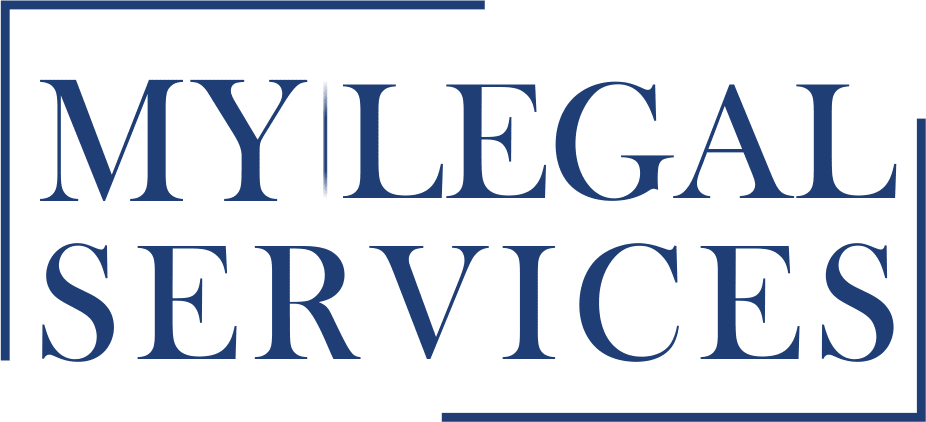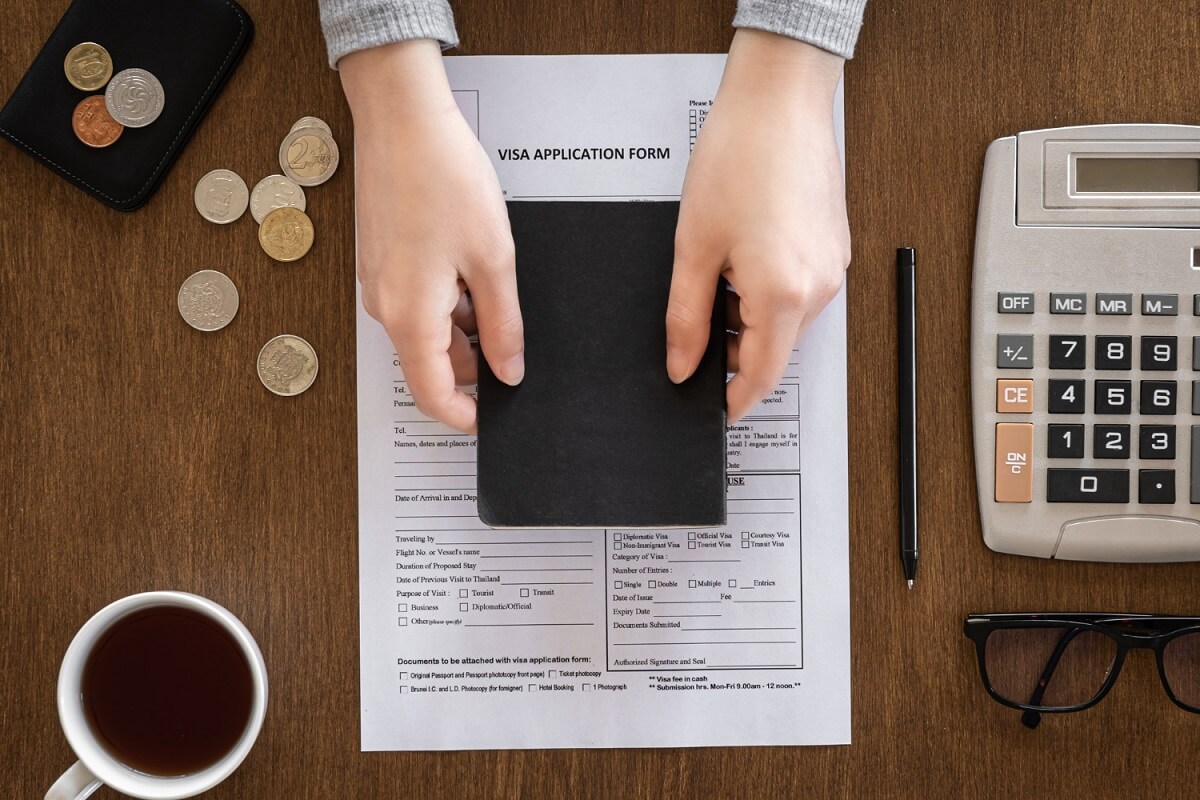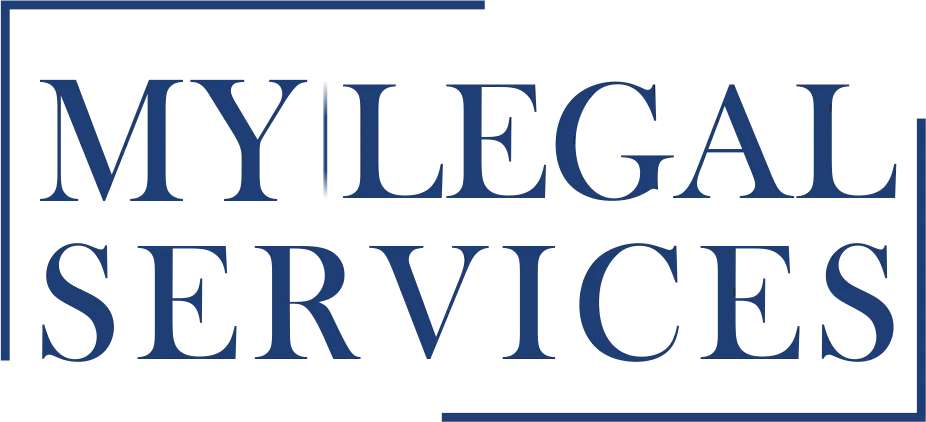What are the FLR, DLR and HRO Forms?
One of the many questions we get asked here at My Legal Services is how we can help with various immigration issues including the purpose of the FLR, DLR and HRO forms and when they should be used to the Home Office. It is likely this may be the first time you as the main applicant and any family members, may need to apply using one of the theses form (s). Theses types of applications can allow you and your family members to extend time, apply on the basis of your human rights claims or based on your family life. The application process to apply is online to UK Visas Home Office and you will require a valid email address. The old paper form FLR (O) no longer exists.
Further Leave to Remain
To remain in the United Kingdom for an extended amount of time, you must apply for an extension of stay or a new visa before the expiration of your current visa to avoid overstaying, unless certain specific exceptional criteria apply. This extension is known as ‘further leave to remain’ (FLR) to the Home Office. In the case of visit visa, you cannot extend your stay past the maximum period of 6 months and it is likely you will need to return back and apply to re-enter in a different immigration category to the UK. There could be several circumstances you could be waiting on student visa studies academic results, waiting for issue of your employer registering as a sponsor and so on to apply using the FLR (HRO) form.
Therefore, choosing the correct application is very important to continue to secure your immigration status and that do not overstay. If you choose the incorrect form, your application will treated as invalid. You will normally require a valid passport or travel document to submit your application. You cannot apply from outside the UK and cannot apply for entry clearance to the UK in any of theses application forms.
What is the FLR (HRO) form?
The FLR(HRO) form is a document used for applications relating to human rights claims, leave that acknowledges a change in the usual rules, and situations not covered by other application forms. The form is used to apply for an extension of stay in the UK, for leave outside the Immigration Rules because of compassionate and compelling circumstances in the following categories
- Leave outside the immigration rules
- Human rights claim (non-article 8)
- Medical grounds or ill health
- Discretionary Leave (DL) where you have previously been granted a period of DL but have not previously been refused asylum or granted less than four years Exceptional Leave.
- Other claims not covered by another form
Call us on 0203 7324736 to speak with one of our qualified solicitors to assist with your visa application. Find out how to apply under any of theses forms.
How to fill the FLR (HRO) Form?
All reasons or grounds for wishing to remain in the UK must be stated in your application and provide supporting documents in support of your application. The forms consists of several parts including:
- The basis of your application
- Your duty to give all reasons for staying in the UK
- Your personal details
- Your passport
- Your current UK immigration status
- Your current visa or leave to remain
- Your current permission to be in the UK
- Financial wellbeing: income
- Financial wellbeing: your household
- Financial wellbeing: unemployment
- Time lived in the UK
- Time spent outside the UK
- Other countries you have lived in
- Your social, cultural and family ties
- Your National Insurance number, if applicable,
- Your Immigration history
- Convictions and other penalties
- War Crimes, Terrorist activities and Terrorist organisations or views
- Person of Good Character
- Your Home Office reference number
- Your biometric residence permit (BRP)
- Details of your application
- Where to send your application and how to pay
- If applicable to apply for a Fee waiver application to be exempt from the Home Office fees.
How much is the Home Office visa application fees?
If you are a single applicant, the FLR (HRO) Form fees is £1,033. If you are applying with your family, the fee increases by £1,033 for each dependant. You will need to pay £19,20 for each applicant applying towards your biometric fingerprint fees. A separate booking fee applies to attend your Home Office appointment. If you are unable to afford to pay the home office application fees, you may be able to apply for a fee waiver to the home office for you and your dependants to be exempt from paying the application visa and NHS charges.
Also Read: Expert Immigration Lawyers in Central London
Do I need to pay the NHS Immigration Health Surcharge?
As a part of your application, you will be required to pay the Immigration Health Surcharge, unless exempt. You must complete your Immigration Health Surcharge assessment before submitting your FLR (HRO) or FLR FP Form to pay towards the NHS charge. If you are applying to extend further leave to remain on human rights, private life or family life grounds, you will be required to pay for the NHS charge currently set at £1,035 (previously £624) per year an applies to each applicant applying as dependants.
How long does the process take?
As part of your application you will need to enrol your biometric information, namely a scan of your fingerprints and a digital photograph of your face. You will also need to provide your signature. The location at which you will need to attend to give your biometric information will depend on where you are making your visa or immigration application. There will be a nominal fee of just £19.20 for each applicant that is applying. It can usually take anywhere between 4-8 weeks for the Home Office to reach a decision on your application for leave to remain in the UK.
The Home Office may also request for additional information or documents during the application process before reaching a final decision on your case in this visa category. You will usually be contacted by email from UK Visas and Immigration and should regularly check your inbox and junk mail. You must also ensure that during your application process if your address changes, you notify the Home Office immediately using this link.
Once your application has been received, UKVI will process it, and assess whether you meet all the requirements. Once the assessing official has made a decision on your case, they will get back to you with a decision. This whole process can take a while, especially if there is something especially complex about your case and/or you apply with dependents. A well prepared visa application may result in a quicker processing time.
How long will my visa be valid for if my application is successful?
You will be granted leave to remain in the UK for a temporary period of 1 month to 30 months. During this period, your circumstances may change allowing you and your dependants subsequently to apply for leave to remain and switch into a different immigration category.
What is the Settlement Application process?
Your application process may vary based on your Immigration routes. For example, if you wish to apply for ILR, you first need to spend at least 5 years in the UK or 10 years in the UK under the respective route. You may also qualify for indefinite leave to remain under the 10 year long residence route, if you have lived in the UK continuously with valid visas for a period of 10 years.
If you are applying for UK settlement either under ILR or British naturalisation, you will also need to sit two different exams. These are the Life in the UK Test, to check your knowledge of British history and customs, and an English language exam to assess your proficiency, unless you are exempt.
The minimum level of English proficiency may vary based on your immigration route, which includes the Life in the UK Test and B1 Listening and Speaking Test, unless exemptions apply.
If you are a single applicant, the FLR FP or FLR (HRO) Form fees are £1,033. If you are applying with your family, the fee increases by £1,033 for each dependant. If you are unable to afford to pay the home office application fees, you may be able to apply for a fee waiver to the home office for you and your dependants to be exempt from the application visa and NHS charges. The standard processing time for further leave to remain applications may vary depending on your current immigration status. In some cases, you may be eligible to apply for the Home Office’s priority service.
Also Read: Get Immigration Legal Services in Canary Wharf (E14)
What is the FLR (FP) Form?
The FLR (FP) form is for an application based on family relationships, such as through marriage or children, and where removal would cause undue hardship or problems for the family unit.
What is the DLR Form?
You may be eligible for Leave on a discretionary basis, which is often referred to as Discretionary Leave to Remain. This can be obtained in two ways, if you have claimed asylum in the UK and were not recognised as a refugee or based upon your specific circumstances. You can apply for DLR as a result of specific Rules which exist, based on Article 8 of the European Convention on Human Rights (ECHR), which argues that a person’s removal from the country will breach of the UK’s commitment to holding refugees under Article 8 of the ECHR.
The DLR is granted by the Secretary of State, an unbiased judgement outside the Immigration Rules, who will take all relevant information, both factual and emotional, into consideration. The Secretary of State will make the final decision on whether to grant you Discretionary Leave to Remain. The Home Office may grant you this temporary permission to stay in the UK, with the period of your stay dependent on your situation, but usually for 30 months on the 10 year route to settlement.
DL is granted outside the Immigration Rules in accordance with Home Office policy set out in their instruction. It must not be granted where a person qualifies for asylum or humanitarian protection (HP) or for family or private life reasons. Asylum claimants refused protection but granted DL must be issued with a ‘Reasons for Refusal Letter (RFRL)’ explaining why the asylum and HP claim has been refused and why they have not been granted leave on the basis of family or private life.
A person who has was granted initial Discretionary Leave following refusal of his asylum claim and then extension of the same for another 3 years, can apply for Indefinite Leave to Remain (ILR) upon completion of 6 years. You can then apply for British citizenship
How can My Legal Services lawyers help you with your application for Leave to Remain in the UK using application form FLR (FP)?
My Legal Services immigration lawyers can help you check your eligibility and individuate the correct requirements to make your application successful. Call us on 02037 324 736 to speak with one of our qualified Immigration Lawyers and get for immediate help or enquiry online with your situation
We employ only the highly trained immigration lawyers to help our clients with their Immigration issues, including point based system applications. All of our lawyers and solicitors are trained and qualified to help you with the application, appeal or decision making process in obtaining your visa in the UK. You can speak at any time with one of our specialists who will be happy to assist you and go over the process for you to obtain your leave to remain in the UK.
Conclusion:
Hire one of our Immigration Solicitors in London to benefit from our application package, which will allow us to complete your FLR (HRO) (FP) or DLR application form on your behalf and ensure your application is successful.
Get in touch on 02037 324 736 or use our online contact form to speak to our immigration experts.







